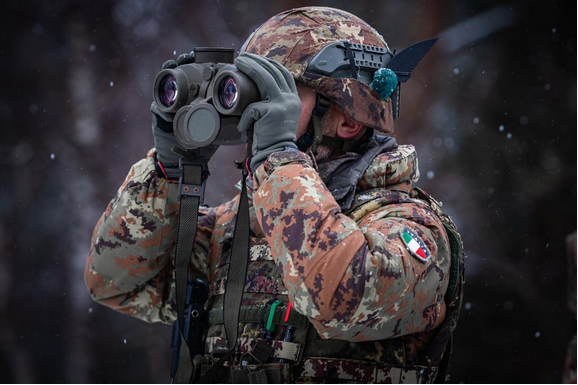Prime Minister Matteo Renzi, Minister of Foreign Affairs and International Cooperation Paolo Gentiloni, Minister of the Interior Angelino Alfano, Minister of Defence Roberta Pinotti, Minister of Economy and Finance Pier Carlo Padoan, Minister of Economic Development Carlo Calenda and the Chief of Defence Staff General Claudio Graziano took part in the meeting.
The Secretary General of the Presidency of the Republic Ugo Zampetti as well as the Secretary of the Supreme Council of Defence General Rolando Mosca Moschini also attended the event.
The Council examined the main crisis and conflict scenarios and took note of the particularly complex and uncertain situations which characterize the international framework. In this respect, the Council reconfirmed the validity of the line of action followed by the Italian Government, which allowed Italy to effectively contribute to security and stabilization missions. The country played a major role of mediation among the parties and gauged the participation of Italy’s Armed Forces accordingly.
As concerns the upcoming NATO Summit in Warsaw, the Council fully endorsed the multidimensional and multidirectional approach which is the basis of the Alliance’s process of adaptation to new challenges of security and defence, taking also into account the need not to channel the resources available into one direction only. In this perspective, the future functions of the Organisation might be effectively highlighted and integrated with the establishment of a “European pillar” within NATO. This pillar would be part of a new EU CSDP (Common Security and Defence Policy), which seems as important and urgent as ever today, after the expected exit of the United Kingdom.
In the framework of the deterrence measures that the Summit is poised to adopt, taking into account the concerns raised by some Allies, conviction has emerged that we must make every effort to safeguard the cooperation relationship with Russia, which is a key partner for crises settlement in the Mediterranean and Middle East.
It was noted that illegal migration flows to Europe risk endangering the internal integrity of the European Union, as shown by the outcome of the British referendum. The Council therefore hopes that, in the short term, the experience acquired from the agreement with Tureky, as well as the Migration Compact proposed by the Italian Government to tackle the root causes of the phenomenon, might allow the Union and Italy to take significant steps forward in this field.
As regards the process of transformation of Armed Forces started with the White Paper, it was agreed to work towards a swift finalization of the legislative procedure aimed to implement the reorganisation measures.





